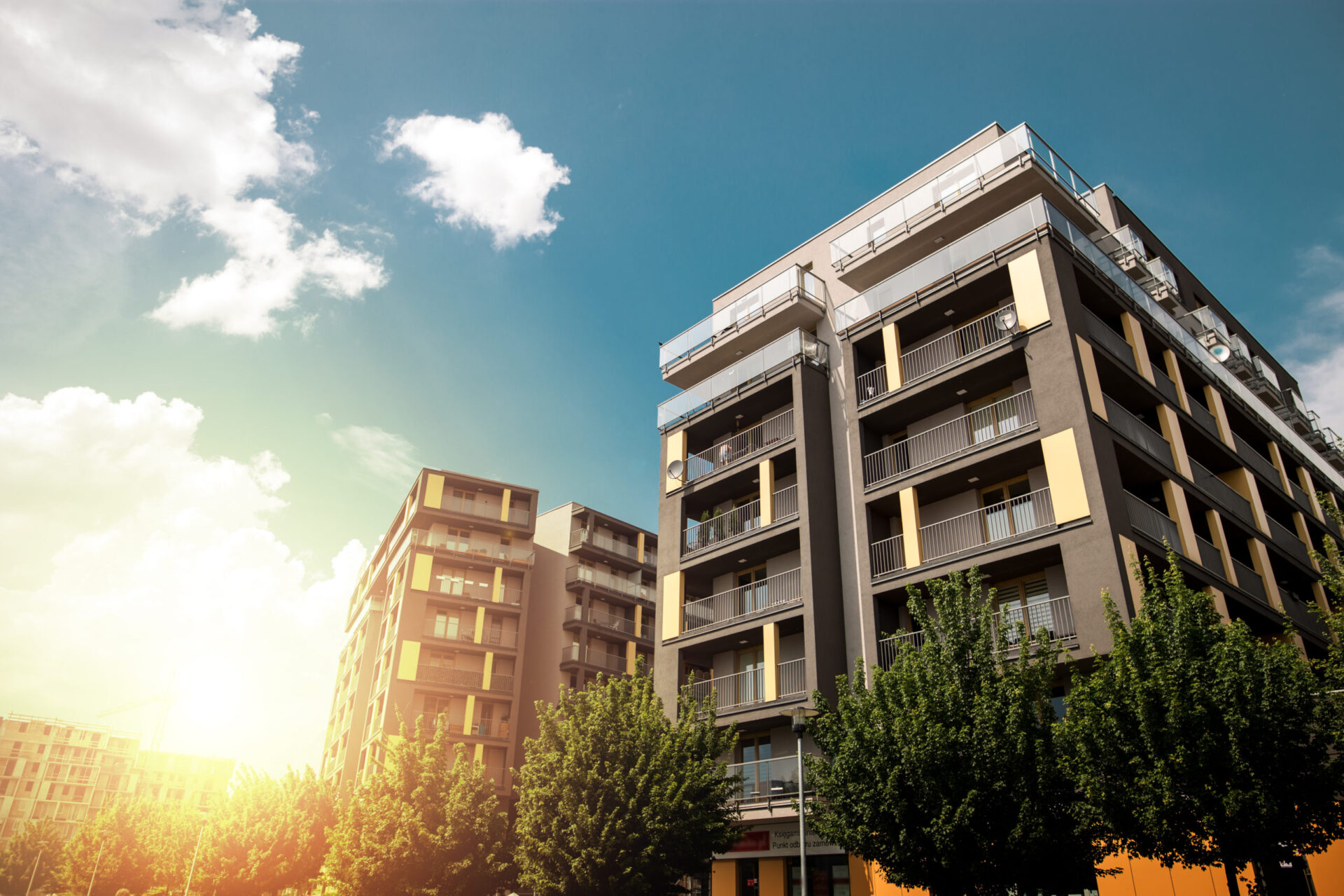By TYRONE TOWNSEND
Renters continue to engage in bidding wars as Americans struggle to find affordable places to live.
The demand for rental properties is growing due to rising mortgage rates, increasing inflationary concerns, and supply chain problems.
Michael Scuito is a Savannah, Georgia, resident and an Army veteran who says he had to rearrange his budget to fit the current rental market. In 2020, he moved into a two-bedroom, two-bath apartment and was paying $1,575 a month. Later that year, the price was raised by over $200.
“I live in one bed and one bath, paying $1650 a month. That’s not including utilities. I’ve constantly rearranged my budget to adjust to raising rent, food, and gas prices,” Scuito told the Mortgage Note. “Luckily, I have saved a lot of money these past years to have a nice home. I feel a majority of others my age (24) are not having any luck saving money during these times. Some of them have moved back in with their parents because their bank accounts have taken a huge blow due to the current economic state.”
What are the experts saying?
“Renters are being left with few options but to meet higher rents and, in some cases, even offer above asking — whether they can afford to or not,” Realtor.com Chief Economist Danielle Hale said in a statement this month after the real estate website released data showing the median rent in the nation’s 50 largest metropolitan areas had reached $1,827 in April.
Landlords are reporting they have more business due to these current circumstances.
Sonia Herrera-James owns several rental properties in Savannah, Richmond Hill, and Hinesville.
“People still need places to live, and those with the financial backing can still afford to pay at high rates,” she says.
Given higher rent prices, Herrera-James believes higher wages are necessary to assist those less fortunate.
“I think jobs need to offer higher housing wages so everyone can afford the current rates and bring the balance of supply more than demand,” Herrera-James said.
Renters should take comfort in that, despite record-high selling prices, renting is still significantly less expensive than purchasing in most American cities.
It was cheaper to rent than buy in 38 out of the 50 largest metros in June.
In certain places, the monthly cost of renting vs. buying a property differs significantly, favoring one over the other.
The most significant argument for renting versus purchasing was made in Austin, Texas. In other places, such as San Francisco, Seattle, New York, San Jose, California, Portland, Oregon, Los Angeles, Boston, Houston, and Phoenix, renting was far more appealing than purchasing.
“Many of these metros are also attracting home shoppers from out-of-state, in turn driving up the overall cost of living,” said Joel Berner, senior economic research analyst for Realtor.com.
What should we expect moving forward?
“The housing market’s starting to turn a corner where listing prices are going to start leveling off,” says Berner. “So we expect rent and sale prices to move together.”
Read More Articles By Tyrone Townsend:
Cooldown Coming In Housing Market
Metaverse Not Just A Trendy Word After $5 Million Commercial Real Estate Deal
Story idea? Email Editor Kimberley Haas: [email protected]
